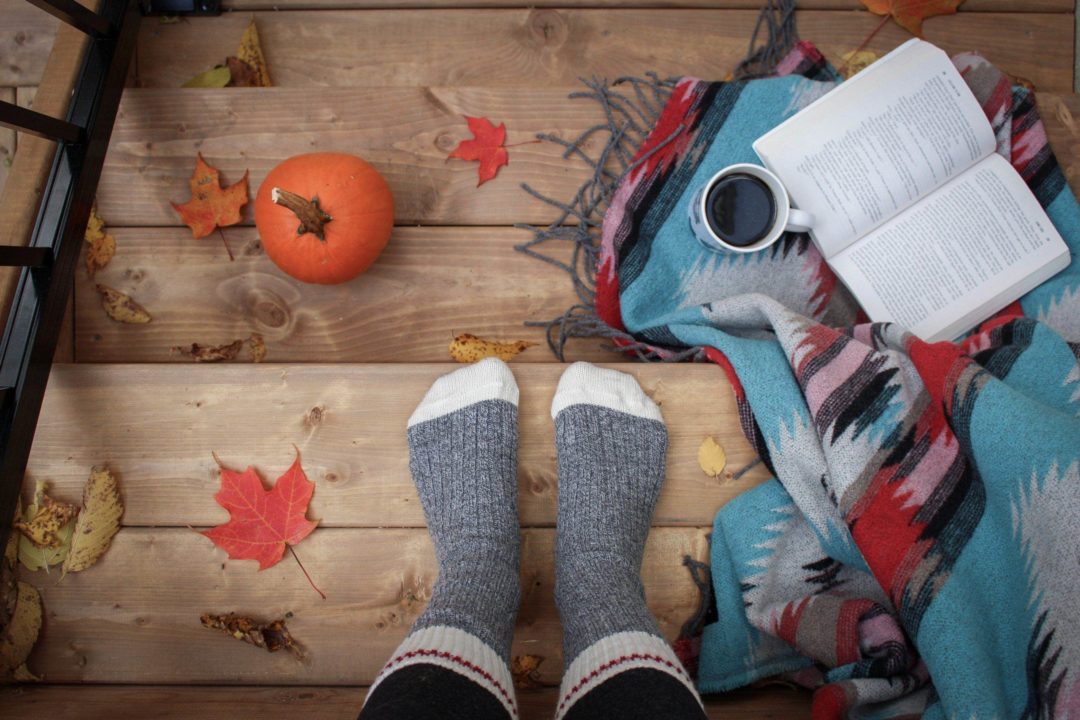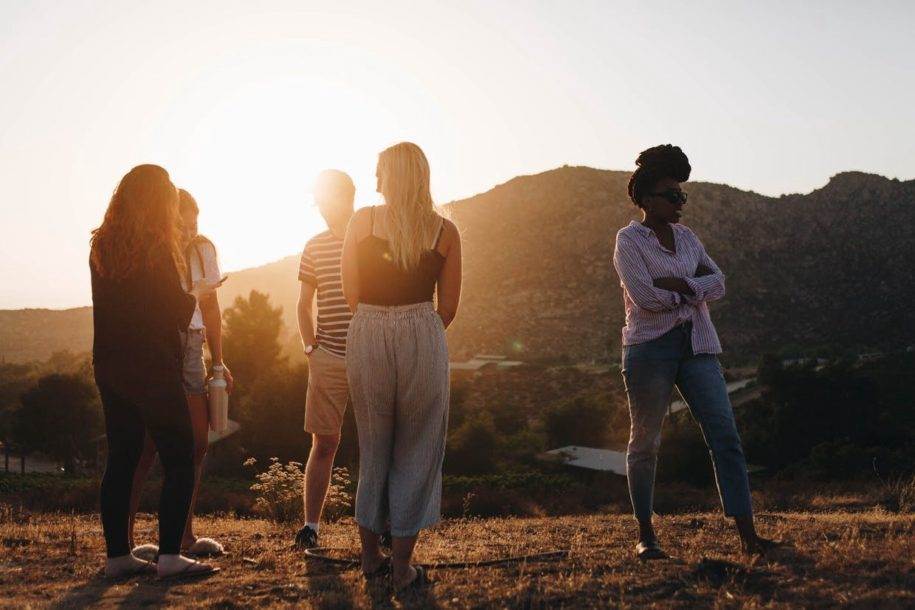When I quit drinking alcohol, I didn’t think about experimenting with alcohol-free drinks. I focused more on my physical and mental health, and regaining the confidence to socialize without inebriation. Now, I understand how beneficial it is to consume healthy, tasty drinks throughout sobriety. I’m conscious of the packaging, ingredients, brand ethos, what the flavorContinue reading “10 Alcohol-Free, Black-Owned Beverage Brands To Shop Right Now”
Monthly Archives: October 2020
How I Navigate ‘Wine Mom’ Culture Without Wine
When I first quit drinking, I didn’t know what the plan was long-term. Was I taking a temporary break? Would this actually stick? Did I just have my last drink…ever? But here’s what I did know about myself and my alcohol consumption: moderation did not work, because I never wanted to stop at just oneContinue reading “How I Navigate ‘Wine Mom’ Culture Without Wine”
How To Distance Yourself From People…And Alcohol
Our relationship with alcohol isn’t so different from our relationship with people. It’s complex, unique, and always evolving. One sign of an un-healthy relationship to anything or anyone is when our personal needs become secondary to the needs of something or someone else. When a relationship that once brought us joy exhibits signs of abuse,Continue reading “How To Distance Yourself From People…And Alcohol”


